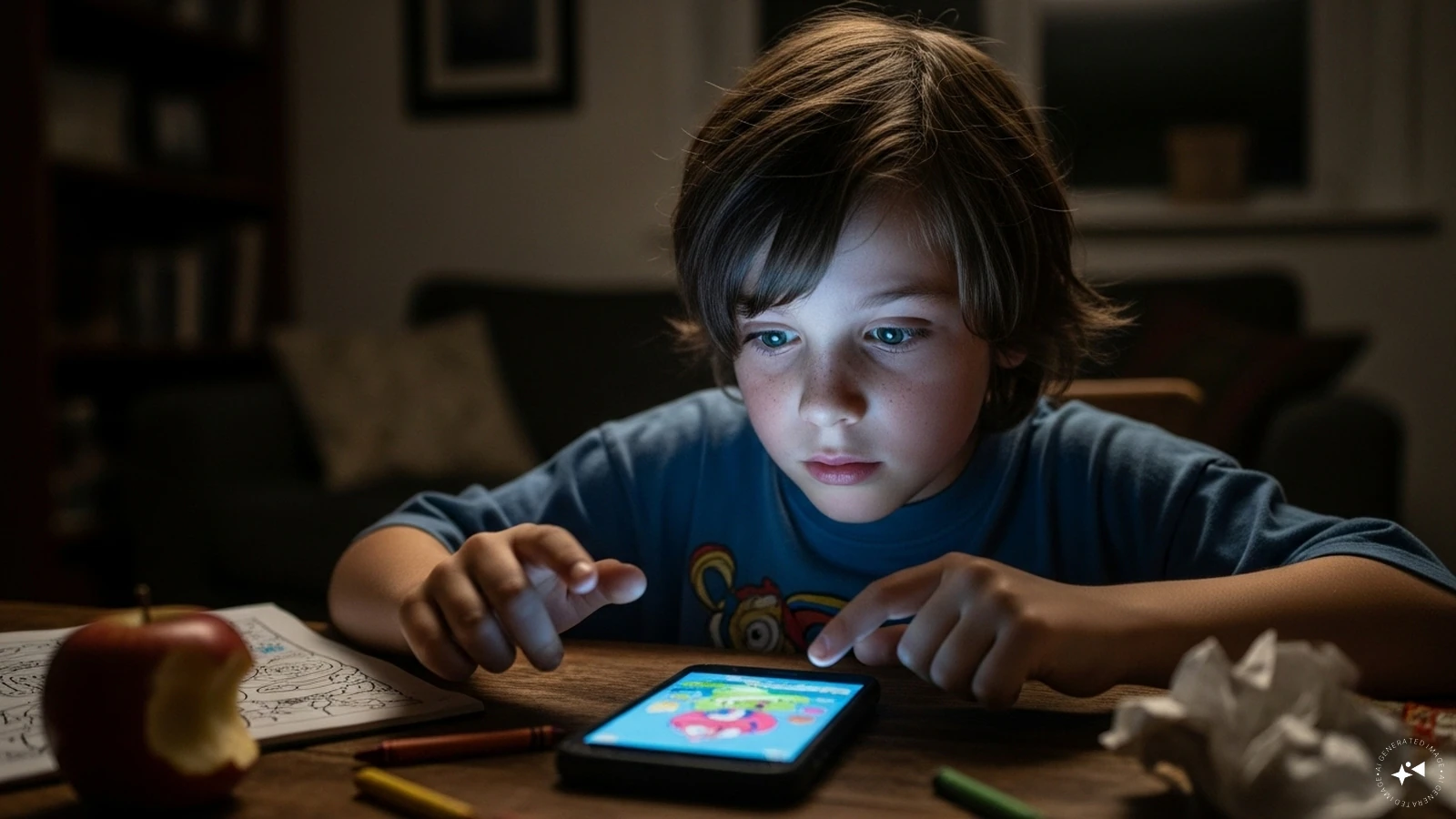Copyright news18

Every year, November 14 marks both Children’s Day and World Diabetes Day, two observances that, together, remind us of the growing health challenges faced by children in today’s world. This coincidence is no longer symbolic; it is a crucial wake-up call about the rising prevalence of childhood diabetes and its long-term impact on health and vision. A Growing Concern: Childhood Diabetes on the Rise Over the past decade, rapid lifestyle changes have transformed childhood itself. More time spent on screens, fewer hours of outdoor play, and increasingly sedentary routines have begun to take a visible toll. Unhealthy eating habits, driven by processed foods, irregular meal timings, and sugary beverages have further worsened the situation. As Dr Arun Singhvi, Chairman & Managing Director, ASG Eye Hospital notes, “Over the years, we’ve seen screen time steadily replace playgrounds, and sedentary routines take the place of active play. Unhealthy eating patterns have further compounded the problem. The result is a visible rise in lifestyle-related disorders among children, including diabetes.” India is already known as the diabetes capital of the world, and the growing incidence of childhood diabetes is deeply concerning. Irregular diets and limited physical activity are increasing the risk of both Type 1 and Type 2 diabetes at younger ages. “As parents, educators, and caregivers, we must act early by encouraging regular physical activity, reducing screen exposure, and ensuring balanced, nutritious meals. Children with diabetes are particularly vulnerable to eye complications if their condition is not monitored closely. What’s worrying is that early signs of eye damage often go unnoticed,” explains Dr Singhvi. Diabetes quietly impacts the eyes too. Regular eye screening and good sugar control can help prevent serious complications like diabetic retinopathy. The key lies in awareness and timely intervention. “Regular eye check-ups should be an essential part of every child’s diabetes management and prevention plan, it’s one of the simplest and most effective ways to protect their long-term vision,” shares Dr Singhvi. Why Eye Health Matters in Diabetes Diabetes doesn’t just affect blood sugar, it can also impact eye health, often silently. Even in children, prolonged high blood sugar can damage the tiny blood vessels of the retina, leading to diabetic retinopathy. If left unchecked, this can cause irreversible vision loss over time. Children may not always recognize or report changes in their vision, which makes regular eye screenings even more important. Early detection allows doctors to take timely measures to protect sight and prevent complications later in life. Building Healthy Habits Early The best defense against childhood diabetes and its complications is prevention through early lifestyle intervention. Dr Singhvi shares simple steps: Encouraging at least 60 minutes of physical activity daily. Limiting screen time to no more than 1–2 hours per day. Providing balanced meals rich in fruits, vegetables, whole grains, and lean proteins. Scheduling regular health and eye check-ups to monitor growth, sugar levels, and vision. A Call for Awareness This Children’s Day and World Diabetes Day, parents, educators, and healthcare professionals must unite in spreading awareness about the connection between childhood diabetes and vision health. Protecting a child’s eyes starts with protecting their overall well-being. As Dr Singhvi emphasizes, awareness, prevention, and timely eye screening can ensure that children not only grow up healthy but also see the world clearly for years to come.



